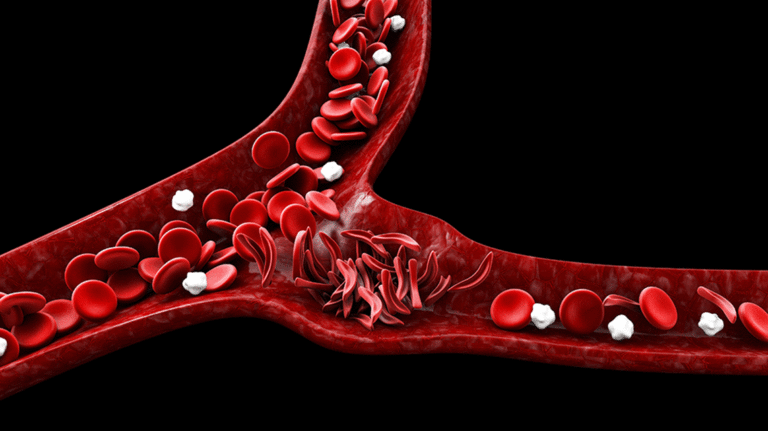Sickle Cell Disease: Global Disparities in Prevalance and Outcomes
Sickle Cell Disease: Global Disparities in Prevalance and Outcomes https://pediatricsnationwide.org/wp-content/themes/corpus/images/empty/thumbnail.jpg 150 150 Abbie Miller https://pediatricsnationwide.org/wp-content/uploads/2023/05/051023BT016-Abbie-Crop.jpgUnique challenges exist for people with sickle cell disease depending on where they live. An estimated 300,000 to 500,000 babies worldwide are born with sickle cell disease (SCD) each year. In Africa and India, where SCD is most prevalent, newborn testing is not performed,…
read more




